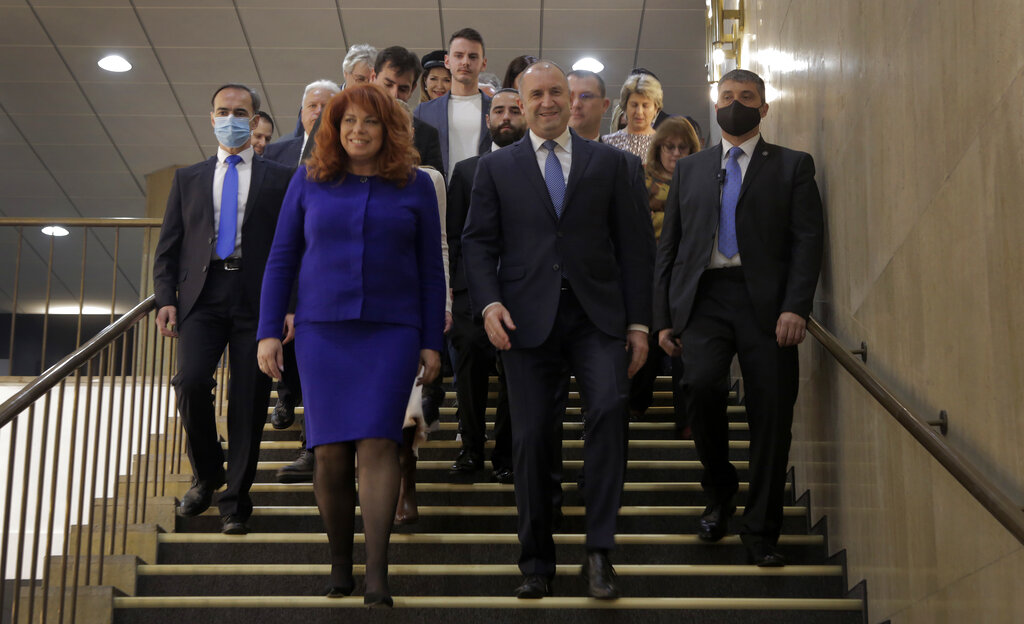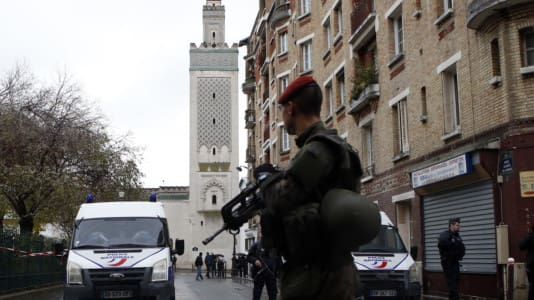The new Bulgarian government passed a bill on Wednesday aimed at suppressing controversial “golden passports” as part of the government’s plan to eradicate corruption in the country.
The “golden passport” program allowed wealthy foreign nationals the opportunity to acquire permanent residency permits and even citizenship in exchange for substantial investments.
The European Commission has repeatedly expressed concern about the practice and has even launched infringement procedures against Malta and Cyprus for similar schemes. The EU executive warned that the procedure posed risks to the bloc which were “particularly related to security, money laundering, tax fraud and corruption.”
In June 2021, Brussels sent a letter to the Bulgarian authorities asking them to abolish the passports which had been in place since 2013, benefiting primarily wealthy Chinese and Russian nationals who can currently invest one million levs (€500,000) in exchange for a fast-tracked permanent resident title or even citizenship for €1 million.
However, the Bulgarian government detected irregularities in 47 cases, half of the total applicants since the scheme was launched.
The Bulgarian Ministry of Justice cites in particular the case of some investors who resold the securities or a newly-acquired property immediately after they obtained their residency title. Prime Minister Kiril Petkov’s cabinet, which has been in office since mid-December, therefore highlights “the lack of real investment in the economy, which could create jobs”, to justify the abolition of “golden passports”.
Washington sanctioned six Bulgarian citizens and 64 entities last year for their alleged role “in corruption” in the poorest country in the EU. Among them was an influential MP and former media mogul, Delyan Peevski, who was also accused by the U.S. Treasury of launching a system for the rapid acquisition of citizenship by violating the legal procedure.
Bulgaria also wanted to abolish these “golden passports” in January 2019, but the initiative to do so at that time was unsuccessful.
The bill, supported by much of the political class, has yet to be approved by parliament.






